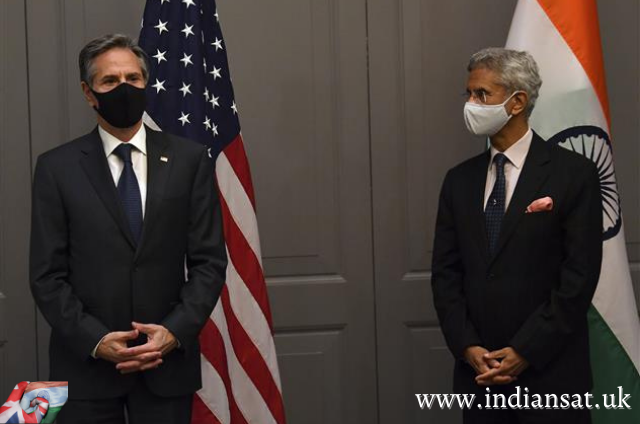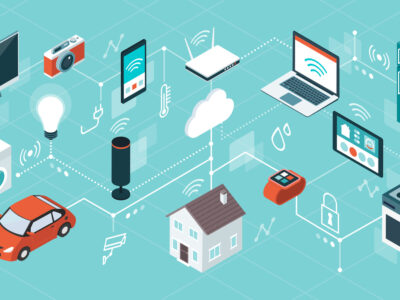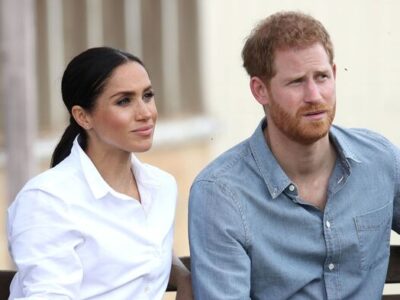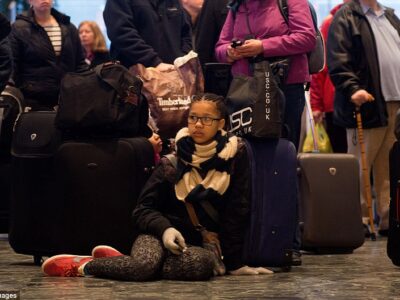The entire Indian delegation in the UK for G7 talks must self-isolate after two Covid cases were detected.
India’s foreign minister Subrahmanyam Jaishankar pulled out of face-to-face talks, saying he was “aware of exposure to possible Covid positive cases”.
He met Home Secretary Priti Patel in person on Tuesday but joined the rest of the meetings virtually.
India is not in the G7 group of nations, but delegates from the country were invited as guests.
The two cases were picked up by tests in advance, and none of the party had attended the meeting venue, the Press Association said. Mr Jaishankar has not tested positive.
India is currently on the UK’s red list meaning travel from there is banned, but some jobs are exempt, including representatives of a foreign country.
There are also exemptions to the self-isolation rule “if it is confirmed that you are travelling to the UK for official business that cannot be undertaken while self-isolating”, according to the government’s rules.
The G7 group – the world’s seven largest so-called advanced economies – is made up of the UK, Canada, France, Germany, Italy, Japan and the US.
The official summit of G7 leaders is taking place in Cornwall next month, but ministers are currently in the UK for talks.
The talks this week were the first face-to-face meetings the G7 powers have had in more than two years.
India, Australia, South Korea and South Africa attended as guests.
On Tuesday, Home Secretary Ms Patel met Mr Jaishankar and tweeted a picture of them wearing masks as they handled folders, saying it was “a pleasure” to welcome him as new trade and investment deals were signed.
It is understood that because strict social distancing was maintained, Public Health England decided those in the meetings did not need to self-isolate.
A senior UK diplomat said they “deeply” regretted that Mr Jaishankar could not attend in person.
“[He] will now attend virtually, but this is exactly why we have put in place strict Covid protocols and daily testing,” the diplomat added.
The meeting on Wednesday was between foreign ministers, who were greeted by Foreign Secretary Dominic Raab with elbow and fist bumps in the courtyard of Lancaster House in London.
They then went to the summit room where the ministers were separated from one another by clear screens in order to minimise any risk from coronavirus.
They discussed new ways to ensure fairer access to vaccine stockpiles and increase support for the global vaccine distribution scheme known as Covax.
Also on the agenda on Wednesday was media freedom, arbitrary detention and girls’ education.
On the news that positive cases had been found among the India delegation, Labour leader Sir Keir Starmer said there were questions that needed to be raised “about how this happened”.
“It is a reminder of how vigilant we need to be about our borders,” he said, adding: “Let’s get to the bottom of how this happened – we cannot have a repeat.”
Asked whether holding the G7 meeting in person was a mistake because of the risk of Covid variants, Boris Johnson said it was “very important to try to continue as much business as you can as a government”.
“As I understand it, what has happened is the individuals concerned are all isolating now,” the prime minister said.
“I will be seeing the Indian foreign minister later this afternoon, but that will be a Zoom exchange.”
At the end of their meeting, the ministers issued a lengthy communiqué.
It contained the group’s strongest condemnation yet of China’s treatment of the Uighur population in Xinjiang province and what it described as China’s “coercive economic policies”.
And it added: “We affirm the need to take collective action on the most pressing foreign and security challenges. The Covid-19 pandemic has underscored that global challenges require global collaboration.”
![]()






